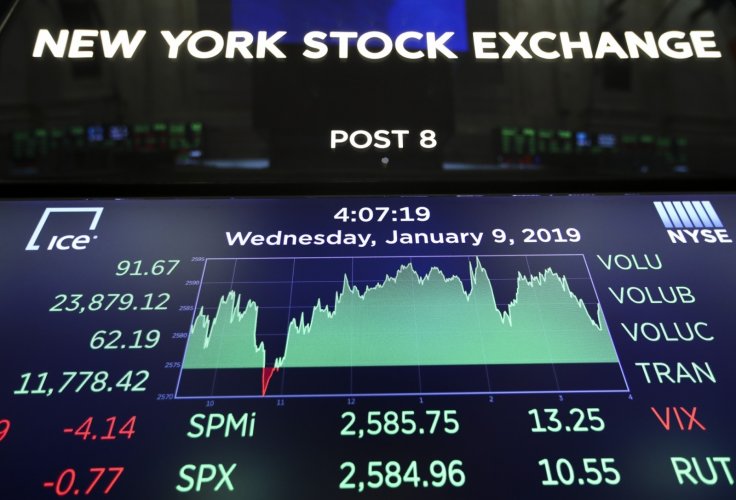After the first failure on an Asian stock exchange in 2018, the Chinese Canaan Creative now wants to list its company on the US stock exchange Nasdaq and raise $400 million, according to a document published by the SEC regulatory body.
Canaan Creative raised $90 million

Founded in 2013 in Hangzhou, the company, ASIC Bitcoin Canaan, generated $177 million in revenue between September 2018 and September 2019. Canaan recorded a loss of approximately $48 million in the second half of 2019. In comparison, the firm had a profit of $30.6 million for the same period in 2018.
In its public offering, Canaan Creative, one of the largest crypto-mining companies, raised $90 million recently. While Canaan planned to raise $100 million, the Chinese firm finally set the price of its shares (CAN) at $9 to 11$ and raised $90 million on Wednesday on the US stock exchange Nasdaq, reports Bloomberg.
The IPO was led by Citigroup, China Renaissance Holdings and CMB International Capital. A few days before the IPO, the second-largest chip and machine manufacturer to mine bitcoin lost its insurer, Credit Suisse.
Rival Bitmain considered launching an IPO in the US

Canaan's main rival, the Chinese Bitmain, would also prepare an IPO in the USA, after a first failure on an Asian stock exchange. Last March, anonymous sources said that during a series B fundraiser, Canaan had raised "several hundred million dollars".
Its main competitor, giant Bitmain, was as well considering launching an IPO in the United States after also allowing its application on the Hong Kong Stock Exchange which expired in 2018 following the drop in cryptocurrency prices and because of the uncertainty around this new market.
In March 2019, in a Series B fundraising round, Canaan raised "several hundred million dollars". Following the rise in cryptocurrency prices in 2019, several large specialized Chinese companies have relaunched their IPO project, aborted in the fall of 2018, in the United States. Bitmain was also preparing an IPO in the United States, after the failure on an Asian stock exchange.









